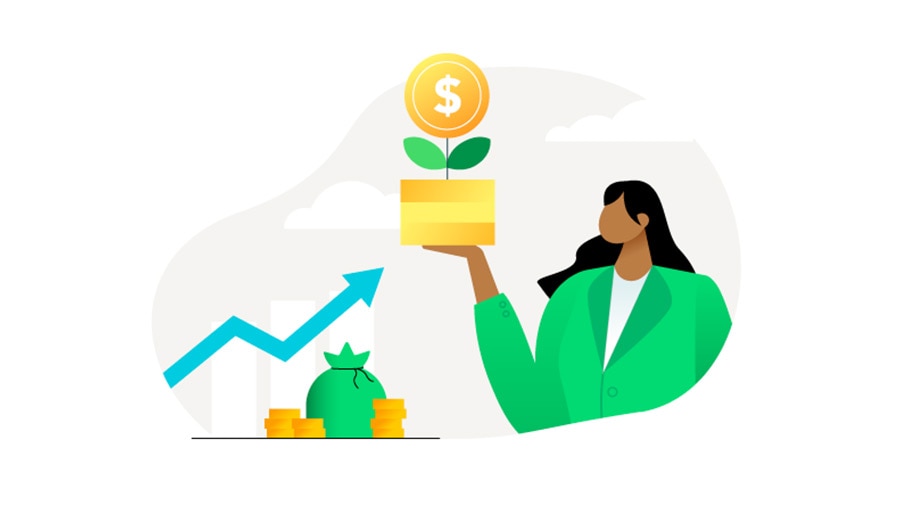What is Capital?
Capital Definition
Capital can refer to different things depending on the context, but in finance and accounting, capital generally refers to the wealth or assets available to a company or individual for investment or production.
In business, capital typically refers to the financial resources used to start, maintain, or grow a company. This can include cash, property, equipment, and other tangible assets, as well as intangible assets like patents, trademarks, and proprietary technology. Capital can be categorized as either debt or equity, with debt capital being borrowed money, and equity capital being funds invested in the business in exchange for ownership shares.
In personal finance, capital can refer to an individual's assets, including savings, investments, and property. It can also refer to the value of a person’s education, skills, and experience, which can be leveraged to earn income or create opportunities for investment.
Capital is a critical resource for businesses and individuals because it enables them to invest in new opportunities and generate income. In a business context, capital is essential for growth and innovation, as companies use their resources to invest in new products, expand into new markets, and acquire other businesses. Similarly, individuals can use their capital to invest in stocks, bonds, real estate, or other assets that generate income and appreciate in value over time.
Here are some additional points to note about capital:
- Businesses often need to raise capital in order to fund their operations or invest in new opportunities. This can be done through a variety of means, including issuing shares of stock, taking out loans, or seeking investment from venture capitalists or angel investors.
- Different forms of capital have different implications for the business. For example, using debt capital can help a company to grow quickly, but it also comes with the obligation to repay the loan with interest. Equity capital, on the other hand, does not need to be repaid, but it involves giving up ownership or control of the company to the investors.
- The amount of capital available to a business may affect its ability to obtain financing or attract investors. Businesses with less capital may have difficulty obtaining loans or convincing potential investors to invest, while businesses with significant capital may be seen as more stable and financially secure.
- In personal finance, building up capital can be an important part of financial planning. By saving and investing wisely, individuals can build up a nest egg that can help them to achieve their financial goals, like buying a home, paying for college, or retiring comfortably.
- The concept of capital can also be used in relation to social and environmental issues. For example, social capital refers to the value that comes from relationships and social networks, while natural capital refers to the value of natural resources like clean water and air.







